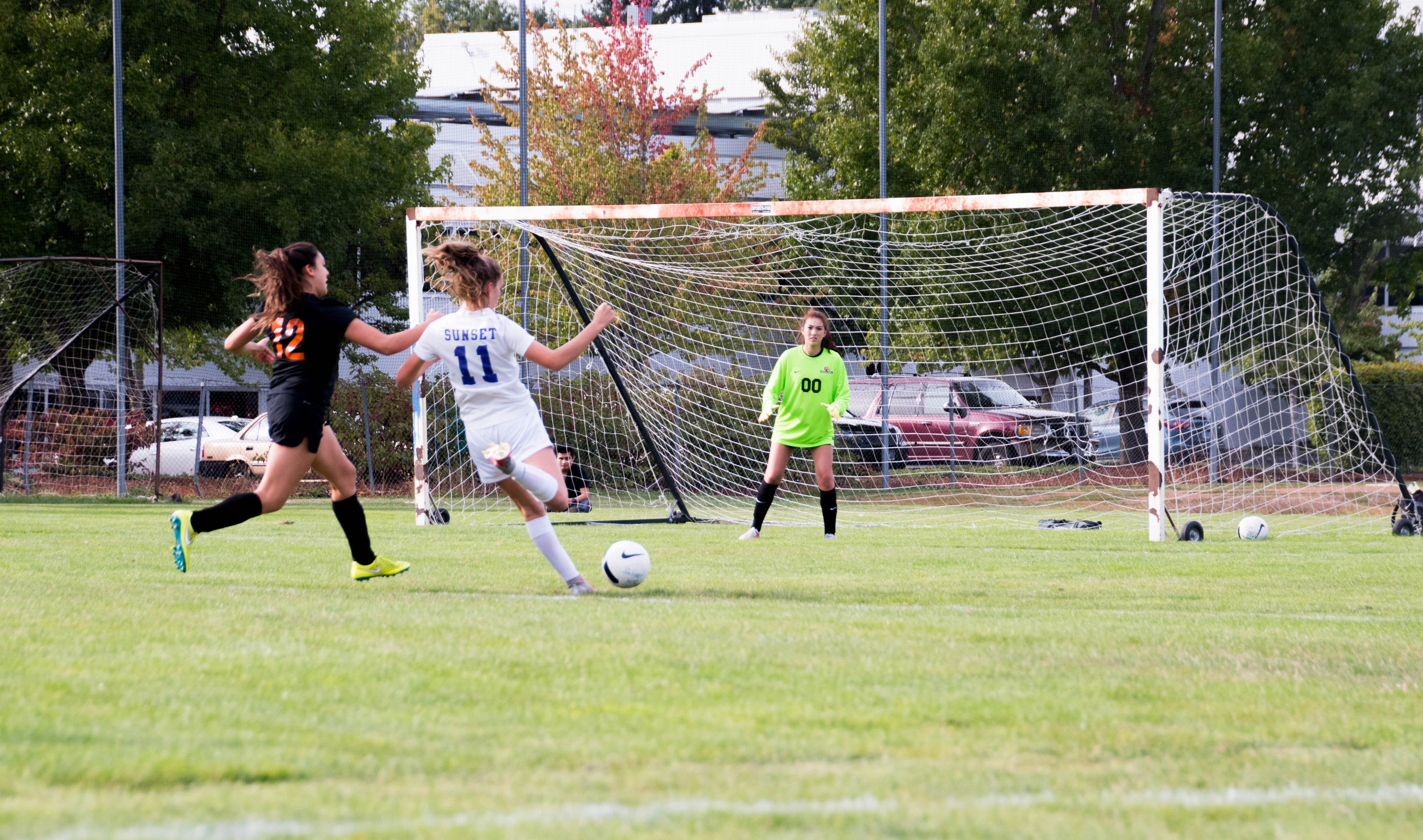Last month the media reported that an English rugby star was awarded €11 million in damages after she was seriously injured by an opponent’s tackle. Although tackling is inherent to the game of rugby, a UK court ruled the challenged tackle was “illegal” and held the opposing team responsible. The compensation is so high because the victim, a young woman, became permanently disabled during the incident and will have to be cared for for the rest of her life. How do Dutch judges view such cases?
Sport is healthy, but also risky
According to Statistics Netherlands, more than half of the Dutch do sports on a weekly basis (54%). The five most popular sports are fitness, running, football, walking and tennis. Exercise is healthy because it reduces the risk of diseases such as cardiovascular disease, diabetes and depressive symptoms. But there is also a risk of injury. Sports such as football and hockey lead to injuries more often than, for example, swimming and running. As a participant in a sports competition, you will largely have to accept the risk of injury.
When liable?
Each person is normally liable for causing bodily harm to another by pushing or tackling that person. But the same behavior is perfectly normal in a sports situation and does not easily lead to liability. The Supreme Court has determined that the threshold for assuming liability has been raised in sports and game situations. Therefore, actions that harm others are less likely to be unlawful.
Whether an accident during sports is a tort depends entirely on the specific circumstances. Court decisions have shown that the following aspects are important:
- There is intent, gross recklessness or gross negligence;
- Acting contrary to the rules of the game;
- Acting in violation of the rules of conduct of the sports association.
Advice on personal injury
Are you looking for legal advice? Then please contact us.
